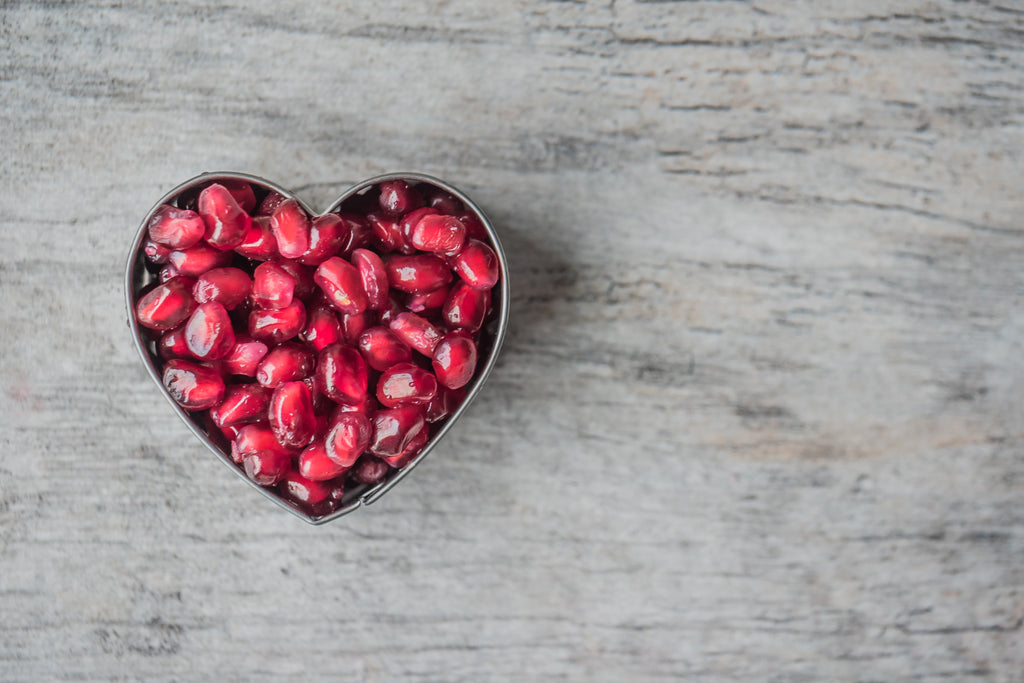Fasting and time-restrictive eating can reduce the risk of heart diseases
An estimated 17.9 billion people around the globe succumb to cardiovascular diseases (CVDs). According to the World Health Organisation, most of the CVDs can be prevented by making healthy lifestyle choices.
In recent years the researchers have found a positive correlation between intermittent fasting and a healthy heart. A study on dietary patterns and CVDs revealed that “Intermittent fasting appears to positively impact multiple cardiovascular risk factors including obesity, hypertension, dyslipidemia, and diabetes”.
One explanation about why regular fasting leads to a stronger heart is that fasting speeds up your metabolism and you burn sugar and fats more promptly. This directly causes weight loss and reduction in bad cholesterol (also known as low-density lipoprotein). With the reduction in bad cholesterol levels, your heart automatically becomes fitter. It has been noted that obesity, high cholesterol, high blood pressure, and diabetes are the four main risk factors for cardiovascular diseases. Fasting helps you manage these symptoms and in turn, this has an indirect impact on your heart’s wellbeing.
Who should avoid fasting?
While at the onset, fasting seems to be a good habit, however it can be dangerous for those who take anticoagulants (blood thinners), have type one diabetes or suffer from intense hypertension. If you fulfill the above-mentioned criteria, then your body’s reaction to fasting can be an electrolyte imbalance that can cause unstable palpitations. Additionally, a study points out that, “People with eating disorders, a BMI under 18.5, and underweight people are not recommended to use the intermittent fasting diet”.

IMAGE COURTESY: PEXELS @pixabay
Important points
- Before you begin fasting, make sure that you are healthy and your body is not deficient in any nutrients.
- Do not break a prolonged fast (more than 14 hours long), with high sugar or high sodium foods.
- Do consult your physician if you have a serious cardiovascular or gastrointestinal disease before undertaking any fasts.
An important thing to keep in mind is that hydration is just as crucial as nutrition. Make sure to drink a minimum of 80-100 ounces of water.
FEATURED IMAGE COURTEST: PEXELS @thepaintedsquare

